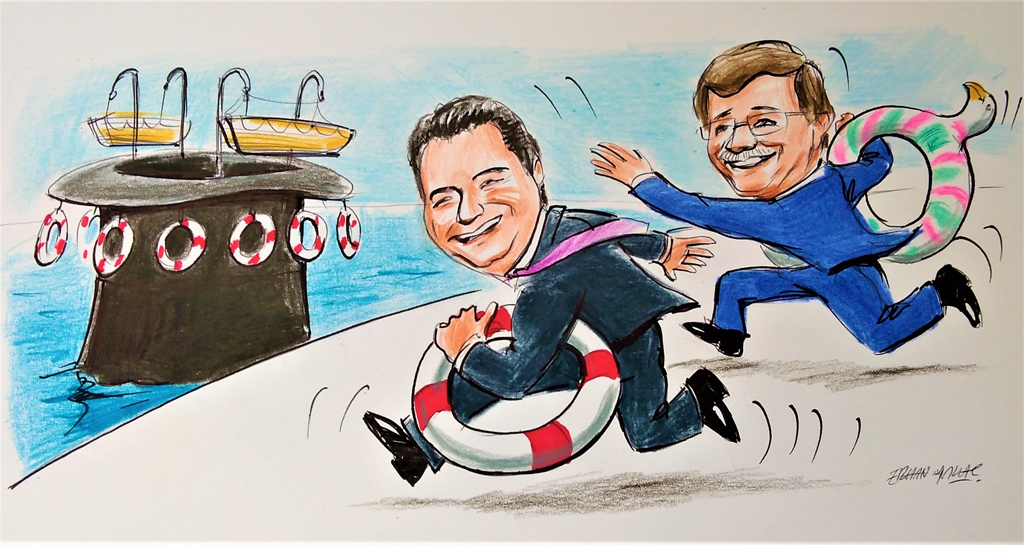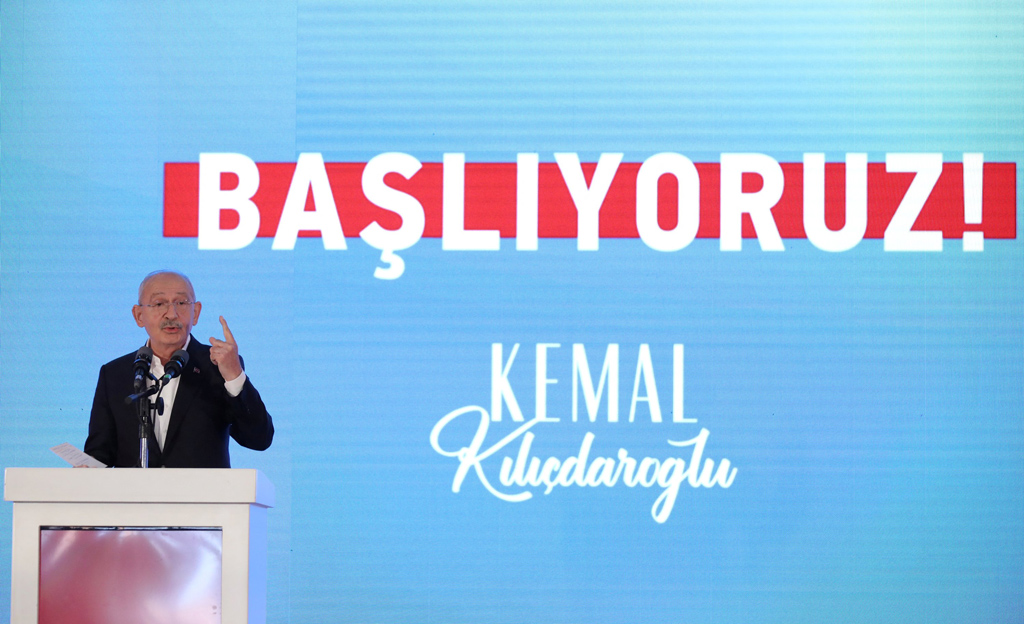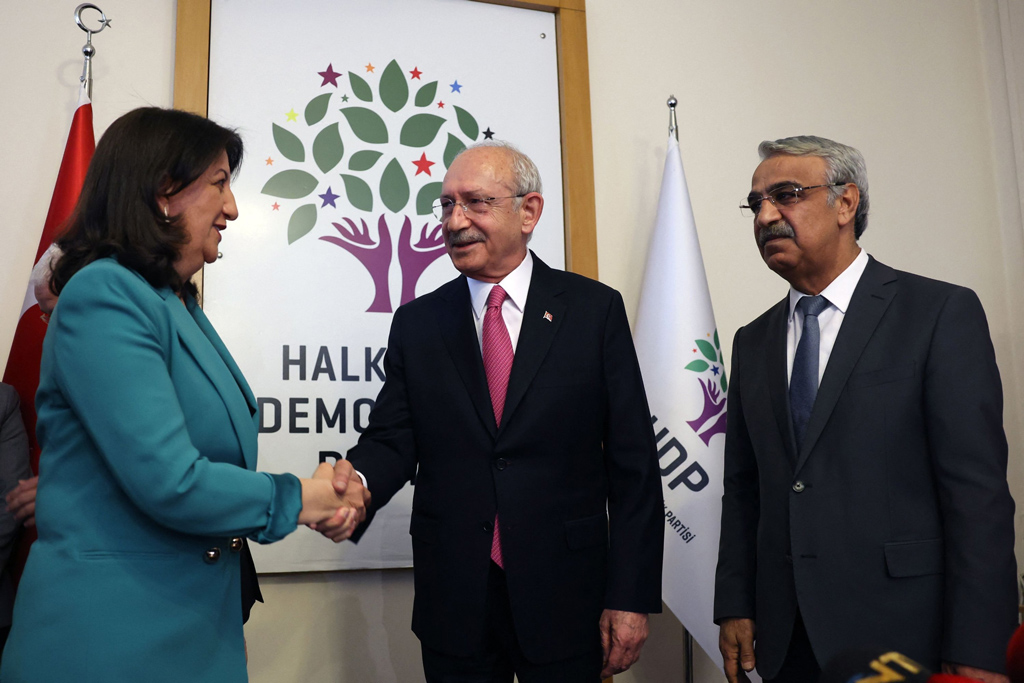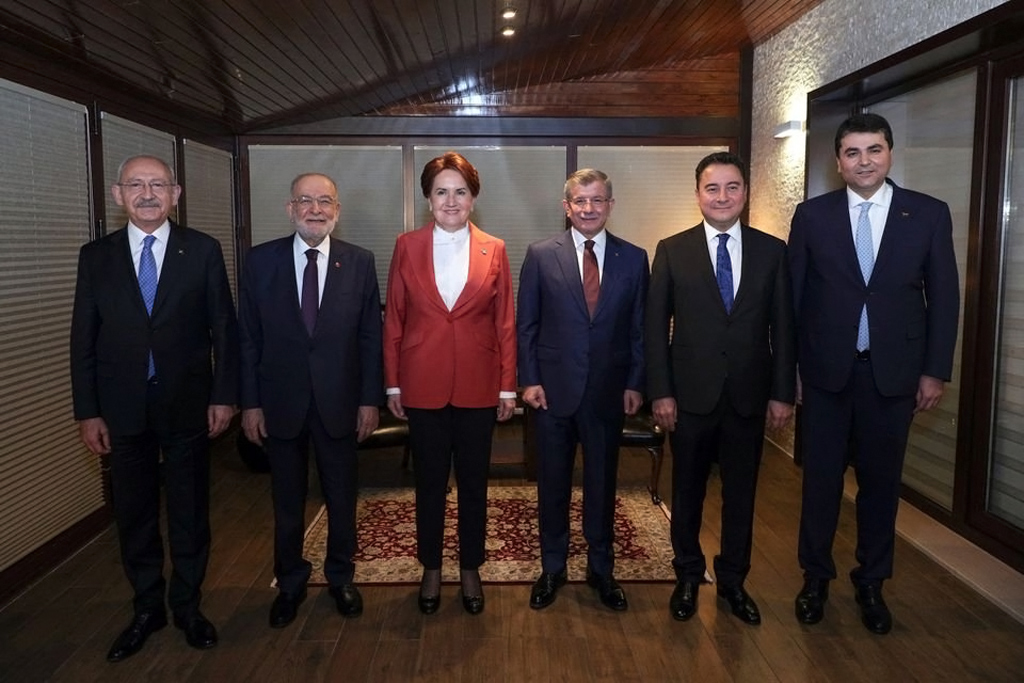
DEVA and GP's 'alliance' engineering in Turkish politics
The leaders of DEVA and the GP have already taken some steps. They are attempting to be more active and to generate some level of legitimacy for their movements.
Share
The opposition’s search for a joint presidential candidate has been dominated by the main opposition Republican People’s Party (CHP), depriving other movements, such as the Good Party (IP), the Felicity Party (SP), the Democracy and Progress Party (DEVA) and the Future Party (GP), of any influence over that process. Amid that heated debate, the chairs of DEVA and the GP argued that it was “too early” to talk about candidates and said that they would decide whether to join the pro-opposition Nation Alliance “closer to the election.”
Against the backdrop of media reports that six opposition parties have finalized their proposal for restoring the “parliamentary” system, those two parties are taking steps to amend the Nation Alliance’s constitution. Those movements, which originally aimed to win a simple majority in the next election, ended up trailing along with the pro-opposition alliance and, specifically, the main opposition party – which puts them in a difficult situation vis-a-vis conservative voters.
Needless to say, the CHP and the IP are united by anti-Erdoğanism and the view that the presidential system amounts to “one-man rule.” Yet DEVA and the GP have not brought anything new to that table. If anything, they joined the competition by telling stories of the past and making strongly-worded statements to criticize President Recep Tayyip Erdoğan. However, they failed to create a new political platform capable of criticizing the ruling party and the opposition as needed.
The task of explaining to conservative voters why some former Justice and Development Party (AK Party) members would settle for a minor role in a CHP-led grand coalition, which the Peoples’ Democratic Party (HDP) stands to join unofficially as well, remains herculean. Seeing that he cannot address the very genuine concerns of religious and conservative voters by claiming to have “solved the headscarf problem” himself, CHP Chairperson Kemal Kılıçdaroğlu has ostensibly outsourced that job to the SP, DEVA and the GP. Knowing full well that those voters will question the motives of former AK Party members who switched sides at the height of the election campaign, however, the leaders of DEVA and the GP have already taken some steps. They are attempting to be more active and to generate some level of legitimacy for their movements. DEVA's Chairperson Ali Babacan now talks about a “consensus for the transition period.” GP's Chairperson Ahmet Davutoğlu, in turn, talks about “making changes in the Nation Alliance.”
In other words, both politicians desire a new alliance to manage the post-election period as well. They seem to think that taking that step would make it easier to jointly endorse a presidential candidate and create a political platform for the opposition bloc. The proposal for an “augmented” parliamentary system, in turn, represents the framework for that operation, which entails a blueprint for the election’s aftermath as well. Renaming the pro-opposition alliance or listing DEVA and the GP among the founding members of that group, however, cannot possibly cover up the fact that they will have accepted the CHP’s dominance.
Tags »
Related Articles








